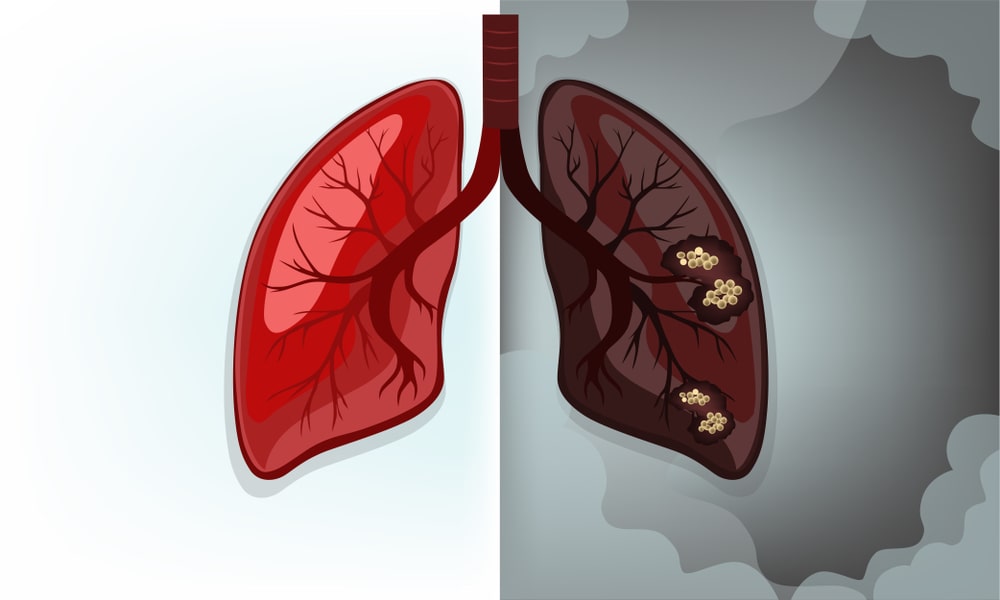The ovaries are the female reproductive organs that produce eggs, and ovarian cancer is a type of cancer that develops in these organs. It is crucial for women to be aware of the symptoms and effects of ovarian cancer because it is often difficult to detect in the early stages.
This blog will discuss the symptoms and effects of ovarian cancer in women, how it is diagnosed and treated, and what you can do to reduce your risk.
Symptoms of Ovarian Cancer in Women:
Ovarian cancer can get difficult to detect in its early stages because it does not cause any symptoms or the symptoms can be mistaken for other conditions. However, as the cancer grows and spreads, it can lead to various symptoms that may be indicative of the disease.
The common symptoms of ovarian cancer is abdominal bloating, which can occur suddenly and persist for a prolonged period. Women with ovarian cancer may also experience pelvic pain that can range from mild to severe. The pain can be constant or intermittent and may be accompanied by pressure or a feeling of fullness in the pelvic region.
Another symptom of ovarian cancer is rapid satiety while eating, which means feeling full quickly or experiencing a loss of appetite. This can lead to unintended weight loss, which is another symptom of ovarian cancer. Women with ovarian cancer may also experience changes in bowel or bladder habits, such as constipation, diarrhea, frequent urination, or an urgent need to urinate.
Less common symptoms of ovarian cancer include fatigue, back pain, and abnormal vaginal bleeding. Fatigue can be caused by the cancer itself or by the treatments used to fight it. Back pain can result from the cancer spreading to the spine or pelvis. Abnormal vaginal bleeding may occur between periods or after menopause and may be mistaken for other gynecological conditions, such as uterine fibroids or endometriosis.
Several factors increase a woman’s risk of developing ovarian cancer. Age is a significant factor, as the risk of ovarian cancer increases as women get older. Hormonal factors such as early onset of menstruation or late onset of menopause may also increase the risk of ovarian cancer.
Women with these risk factors should be vigilant about monitoring their health and undergo regular check-ups and screenings to detect ovarian cancer in its early stages.
Effects of Ovarian Cancer in Women:
The effects of ovarian cancer can be physical, emotional, and financial. Physically, ovarian cancer can cause pain, discomfort, and other health complications. Emotionally, it can be stressful, anxiety-provoking, and depressing. Financially, the cost of treatment and loss of income can be a burden on women and their families.
Diagnosis and Treatment of Ovarian Cancer:
Ovarian cancer is usually diagnosed through a combination of physical exams, blood tests, imaging tests, and biopsies. Treatment for ovarian cancers contingent upon the stage of cancer and may involve surgery, chemotherapy, radiation therapy, or a combination of these treatments. Early detection is essential to successful treatment outcomes, so it is crucial for women to get regular check-ups and screenings.
Prevention and Risk Reduction:
Although there is no surefire way to prevent ovarian cancer, several things women can do to reduce their risk. These include maintaining a healthy weight, exercising regularly, eating a healthy diet, quitting smoking, and using birth control pills.
Conclusion:
Ovarian cancer is a serious condition that can significantly impact women’s lives. Knowing the symptoms and effects of ovarian cancer can help women get early detection and treatment. Regular check-ups and screenings are crucial for early detection. The Cancer hospital in Noida & Best Oncologist in Noida are well-equipped to handle such cases.
FAQs:
Q: Is ovarian cancer curable?
A: The prognosis for ovarian cancer depends on the stage of cancer. Early-stage ovarian cancer has a higher cure rate than advanced-stage ovarian cancer.
Q: Who is at risk for ovarian cancer?
A: Women over the age of 50, women with a family history of ovarian cancer, and women who have never given birth are at higher risk of developing ovarian cancer. Hormonal factors, such as the use of hormone replacement therapy, also increase the risk.
Q: Is there a screening test for ovarian cancer?
A: There is no single screening test for ovarian cancer, but a combination of physical exams, imaging tests, and blood tests may be used to diagnose the condition.
Q: Can lifestyle changes reduce the risk of ovarian cancer?
A: Yes, maintaining a healthy lifestyle, including a healthy diet, regular exercise, and avoiding smoking, can reduce the risk of ovarian cancer. Women who are at higher risk due to family history or other factors may also benefit from genetic counseling and testing.
Q: Are there any new treatments for ovarian cancer?
A: Research is ongoing into new treatments for ovarian cancer, including targeted therapies and immunotherapies. Your doctor can discuss the latest treatment options with you.




